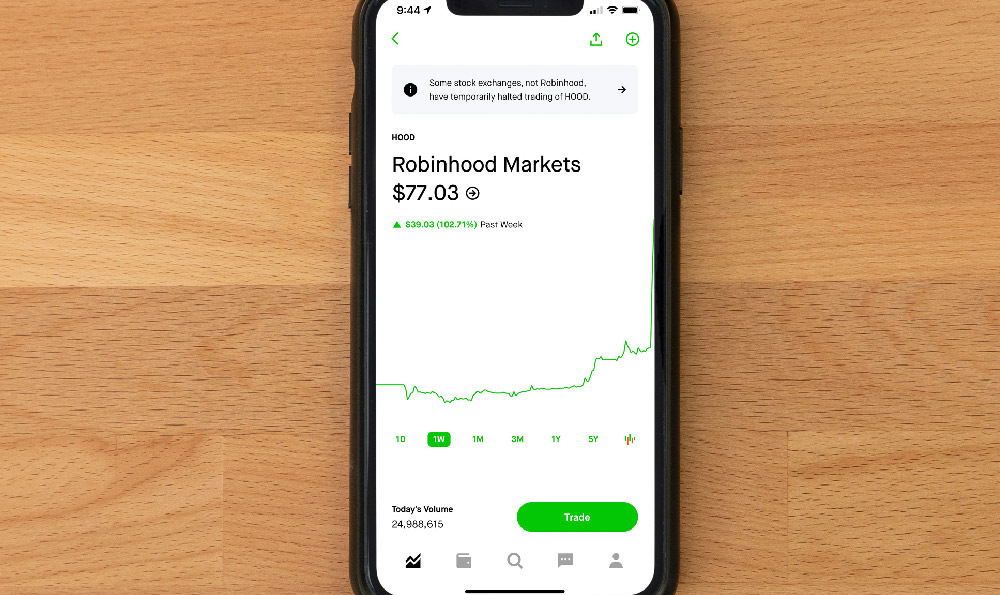Okay, I'm ready. Here's an article exploring how singers generate income and the diverse revenue streams available to them.
How musical artists, particularly singers, construct their income streams is a multifaceted and constantly evolving landscape. It's no longer simply about record sales; instead, a successful singer must navigate a complex web of performance royalties, licensing agreements, merchandise sales, and digital distribution platforms. Understanding these different avenues is crucial for any aspiring or established singer looking to thrive in the modern music industry.
The most recognizable, though often not the most lucrative, source of income for a singer is recorded music sales. This encompasses physical album sales (CDs, vinyl), digital downloads, and streaming revenue. While physical sales have significantly declined, vinyl records have experienced a resurgence, offering a nostalgic and often higher-priced alternative. Digital downloads, once a dominant force, have largely been supplanted by streaming services. Streaming platforms like Spotify, Apple Music, and Amazon Music pay royalties to rights holders (record labels, publishers, and artists) based on the number of streams a song receives. However, the per-stream royalty rates are notoriously low, requiring a significant volume of streams to generate substantial income. The exact royalty rate varies depending on the platform, the artist's contract, and the country the streams originate from. A lesser-known aspect of this income stream is revenue from synchronization licenses, where a song is used in a movie, television show, or commercial. These licenses can generate a significant one-time payment.

Beyond recordings, live performances are a cornerstone of a singer's income. Concerts, festivals, private events, and corporate gigs all offer opportunities to earn money. The amount a singer can command for a performance depends on their popularity, the size of the venue, the demand for tickets, and the overall production costs. Touring can be expensive, requiring investments in travel, accommodation, sound equipment, and a supporting crew. However, a successful tour can be a major revenue driver, not only through ticket sales but also through merchandise sold at the shows. Emerging artists often use touring as a way to build their fanbase and generate buzz, even if the initial financial returns are modest. Established artists, on the other hand, can command substantial fees for their performances, solidifying their financial position.
Publishing royalties are another crucial, albeit often overlooked, source of income. These royalties are generated when a song is used publicly, including radio airplay, television broadcasts, streaming, and live performances. There are two main types of publishing royalties: mechanical royalties and performance royalties. Mechanical royalties are paid to the songwriter and publisher for the reproduction of a song (e.g., when a song is streamed or downloaded). Performance royalties are paid to the songwriter and publisher when a song is performed publicly (e.g., on the radio or at a concert). Singers who also write their own songs benefit doubly from publishing royalties, as they receive both the songwriter's share and the publisher's share. These royalties are typically collected by Performing Rights Organizations (PROs) such as ASCAP, BMI, and SESAC in the United States, and similar organizations in other countries. Joining a PRO is essential for any singer who wants to ensure they are receiving the royalties they are entitled to.
Merchandise sales provide a tangible way for fans to support their favorite artists and represent a significant revenue stream. This includes t-shirts, posters, hats, hoodies, and other items featuring the singer's name, logo, or image. Merchandise can be sold at concerts, online through the singer's website or online marketplaces, and in retail stores. The profit margin on merchandise can be substantial, making it an attractive source of income. Creative and unique merchandise can be particularly successful, appealing to fans who want to own something special and exclusive.
The digital age has opened up new avenues for singers to earn income through digital content and platforms. This includes creating and selling online courses, offering exclusive content to subscribers on platforms like Patreon, and generating revenue through YouTube channels. Many singers use YouTube to share their music, covers, behind-the-scenes footage, and other content, generating revenue through advertising and sponsorships. Patreon allows fans to directly support their favorite artists by subscribing to exclusive content, such as early access to new music, live streams, and personalized messages. Online courses can teach aspiring singers vocal techniques, songwriting skills, or music business fundamentals. These digital avenues offer singers greater control over their content and allow them to connect directly with their fans, fostering a stronger sense of community and loyalty.
Endorsements and sponsorships can be lucrative opportunities for singers who have built a strong brand and a loyal following. Companies may pay singers to promote their products or services, either through advertising campaigns, social media posts, or personal appearances. The value of an endorsement deal depends on the singer's popularity, the reach of their audience, and the fit between the singer's brand and the company's product.
Finally, singers can also generate income through songwriting for other artists and vocal coaching. Writing songs for other artists can be a reliable source of income, especially for singers who have a knack for crafting catchy melodies and relatable lyrics. Vocal coaching allows experienced singers to share their knowledge and expertise with aspiring singers, providing personalized guidance and training.
In conclusion, a singer's income is derived from a diverse range of sources, each with its own potential and challenges. Success in the modern music industry requires not only talent and hard work but also a strategic approach to revenue generation. Diversifying income streams, embracing new technologies, and building strong relationships with fans are essential for singers who want to thrive in a competitive and ever-changing landscape. They must act as entrepreneurs, understanding the complexities of publishing, licensing, and digital distribution. The most successful singers are those who can navigate this complex web of revenue streams and adapt to the evolving demands of the music industry.











